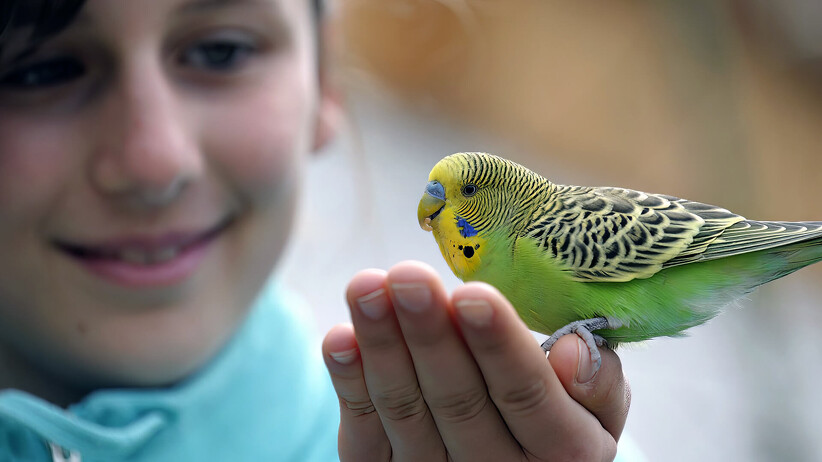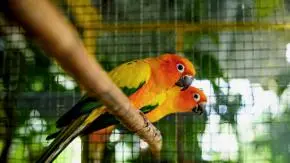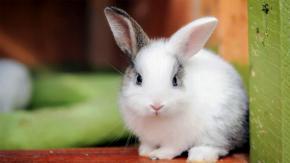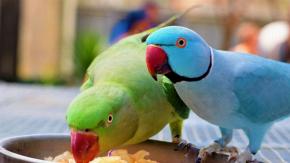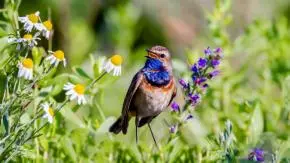So, you’ve just brought your new feathered friend home. Surely, they can be a lot of fun and are relatively low-maintenance, but there are some things you need to know in order to provide the best possible care for your new pet.
Whether it’s a parakeet, canary, or some other type of small bird,we’ll cover everything you need to know about owning your first bird. From the basics of owning a bird to caring for them, we’ll help make the transition as smooth as possible. So if you’re ready to add a little personality to your home, read on!
Things To Remember Before Getting Your First Bird
We understand the excitement of getting your first bird, and you might already be thinking about playing with it, teaching it tricks, etc. But it’s important to remember that it takes time for them to adjust to a new setting, so you must ensure your home is as bird-friendly as possible.
1. Perches
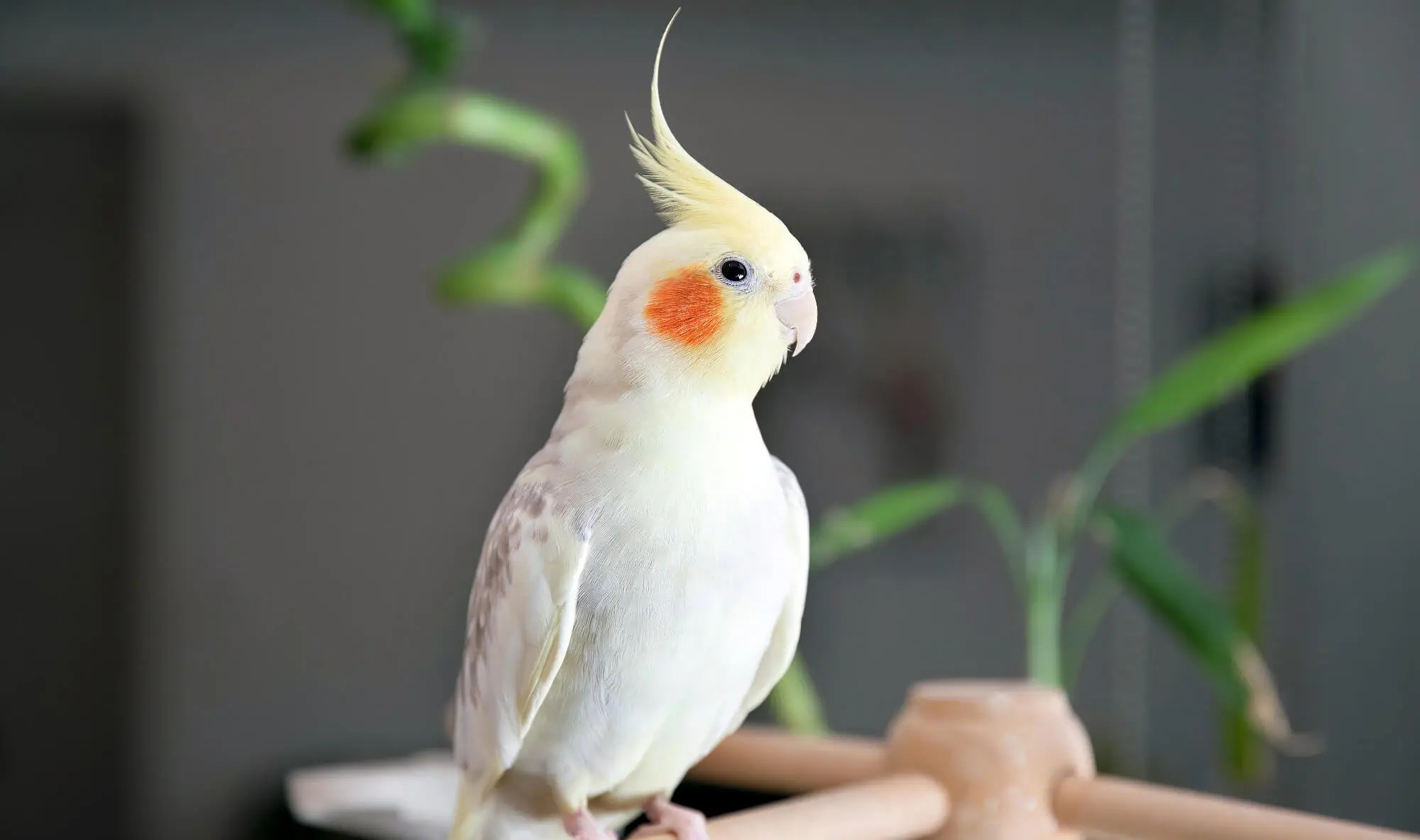
If you have seen birds in the wild, watched them on TV or drawn them, what’s the one thing that’s common? They are always perched on a branch!
Your birdcage will be incomplete without a perch, but don’t use plastic or wooden dowel perches. They increase the chances of skin lesions, while your pet can grow long, sharp toenails which wouldn’t be safe for the kids.
The better option would be opting for large, rough sticks or fruit tree branches. And try to have three different perches within a fairly large enclosure to resemble their natural habitat.
2. Housing
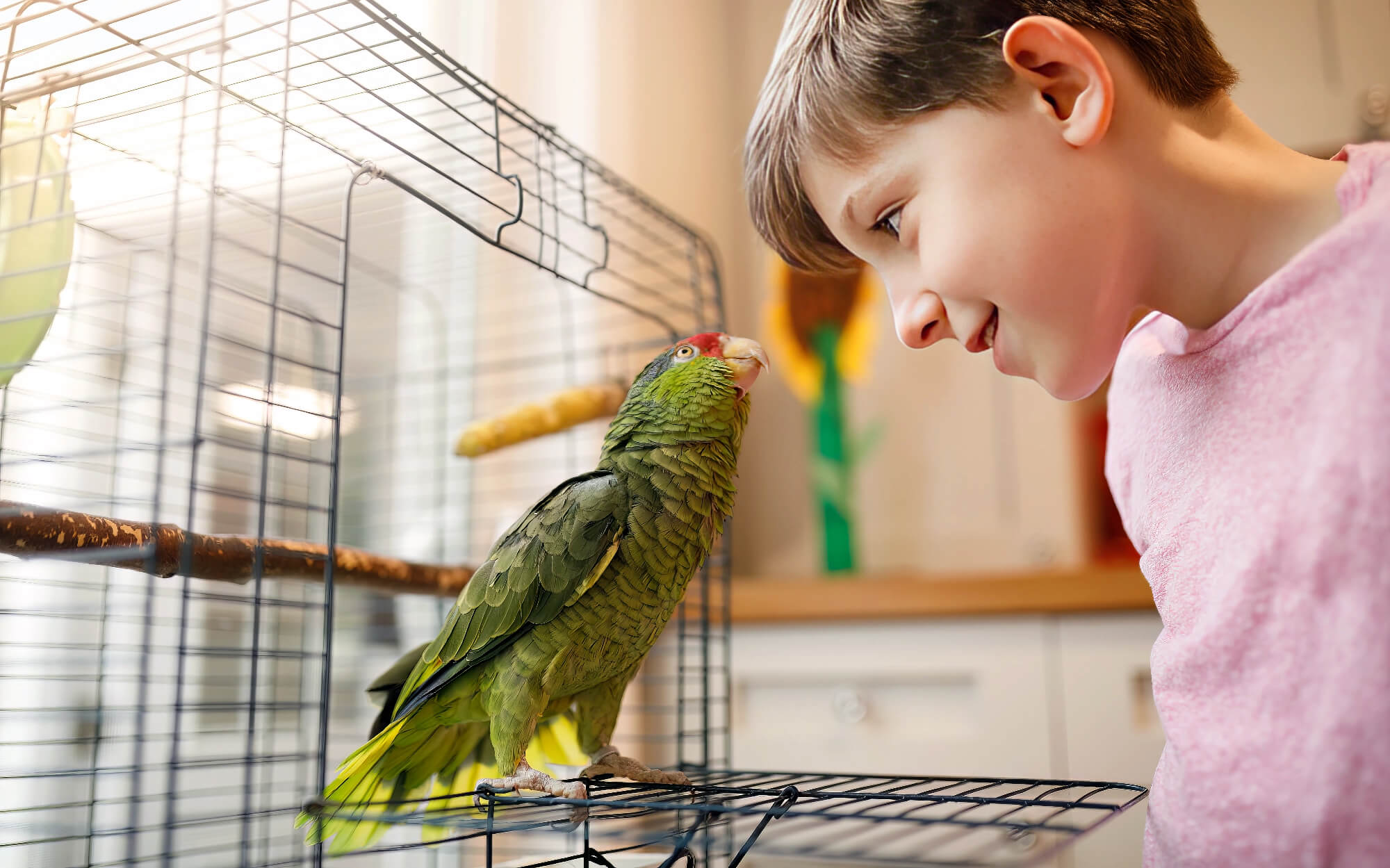
You can either have an aviary or use a birdcage. Aviaries are more suited for housing bird colonies since it allows them to get the necessary exercise and interact.
Cages are more personal and ideal for keeping 2-3 birds, but even then, they shouldn’t be small. As a rule, ensure enough room for the birds to extend their wings.
When it comes to the choice of the cage, it would be best to avoid galvanised metal or cheap cages. Inquisitive birds are likely to chew the netting, which could lead to zinc poisoning.
And check whether the holes in the cage are small because if your bird is playful, it will try to squeeze its head through the bars and bend them. Also, place newspapers or sand grit on the cage floor for maintenance purposes. This will make it easy to clean the cage, which you should do at least once every week with a proper disinfectant.
3. Air Quality
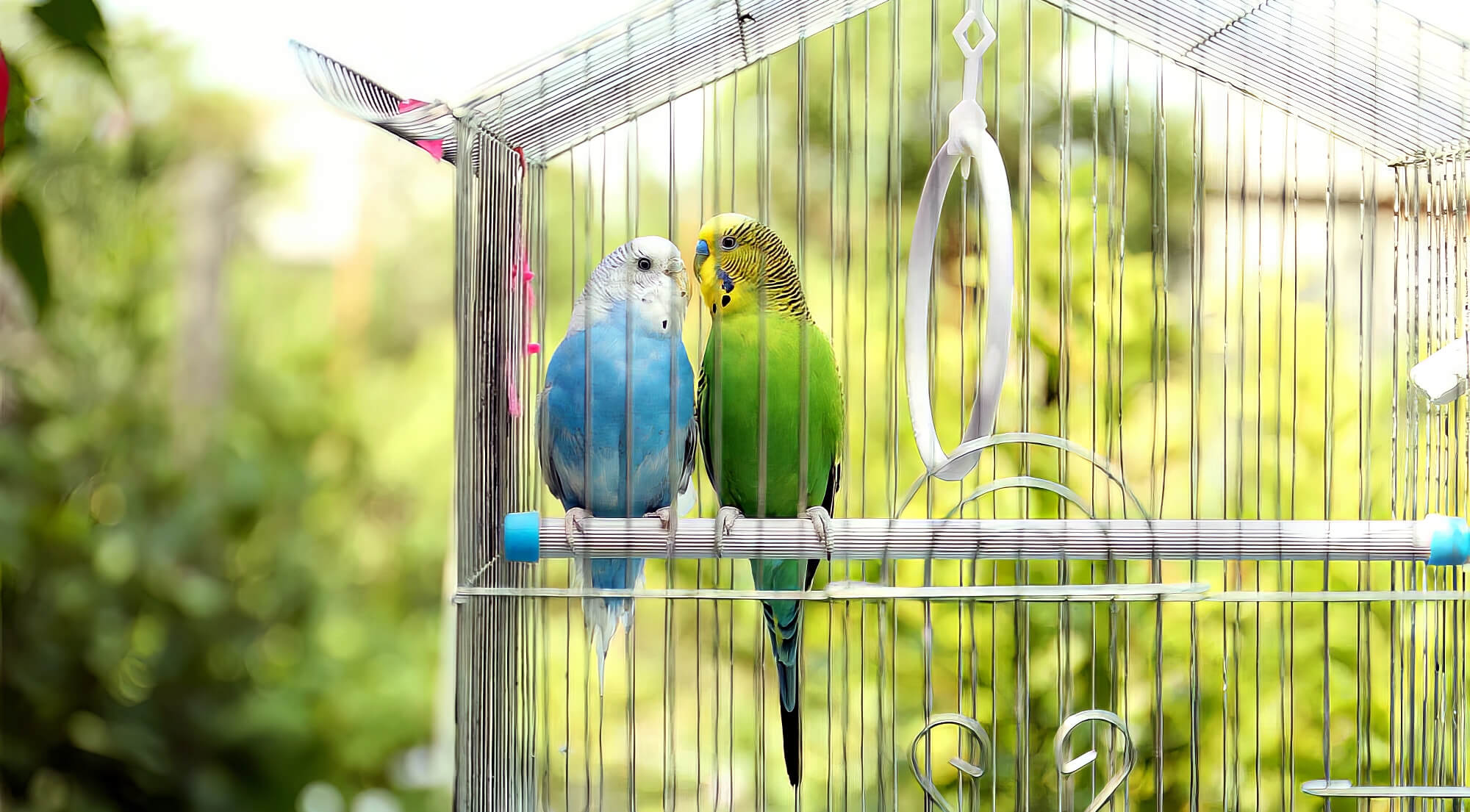
Like humans, birds thrive on good air quality and experience health issues when their environment isn’t clean. Ensure the cage or aviary is located in an area with minimal pollution, away from microwaves, dust and tobacco smoke.
Don’t place the cage near open windows, draughts, doorways or air-conditioners since birds can die of pneumonia if they catch a cold. Also, every enclosure must have a protected area for the birds to shelter from harsh conditions.
4. Feeding
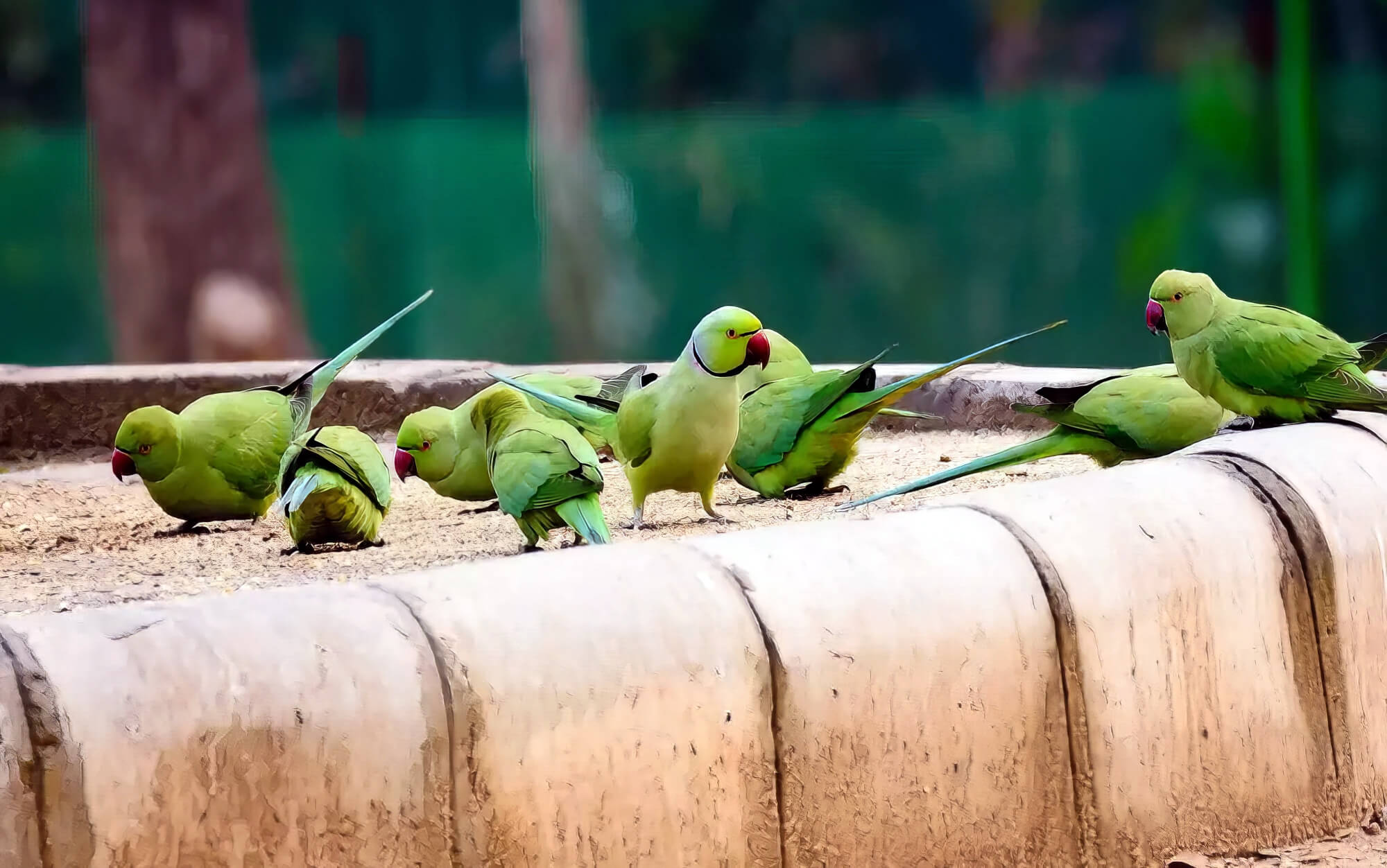
Feeding the birds is quite easy due to the varieties of bird food available on the market. To make the right choice, check the quality of the seeds and manufacturing techniques before placing an online order. Once you find the right seed variety, remember to put out fresh seeds daily and change the water.
Fresh vegetables and fruits, like carrots, sprouts, broccoli, and apples, can also keep birds healthy. If you are unsure about feeding your bird greens, refer to a breed book to find what suits a specific bird species.
As birds are foragers in their natural habitat, make sure you include variety in their diet, such as sprays or blocks of avian vitamin supplements. Certain foods, like cuttlefish, are also rich in trace elements and calcium to help improve their beak health.
We even recommend adding grit to their diet to help break down the seeds in the gut. But, most importantly, it is responsible for forming eggshells in breeding birds.
5. Exercise And Toys
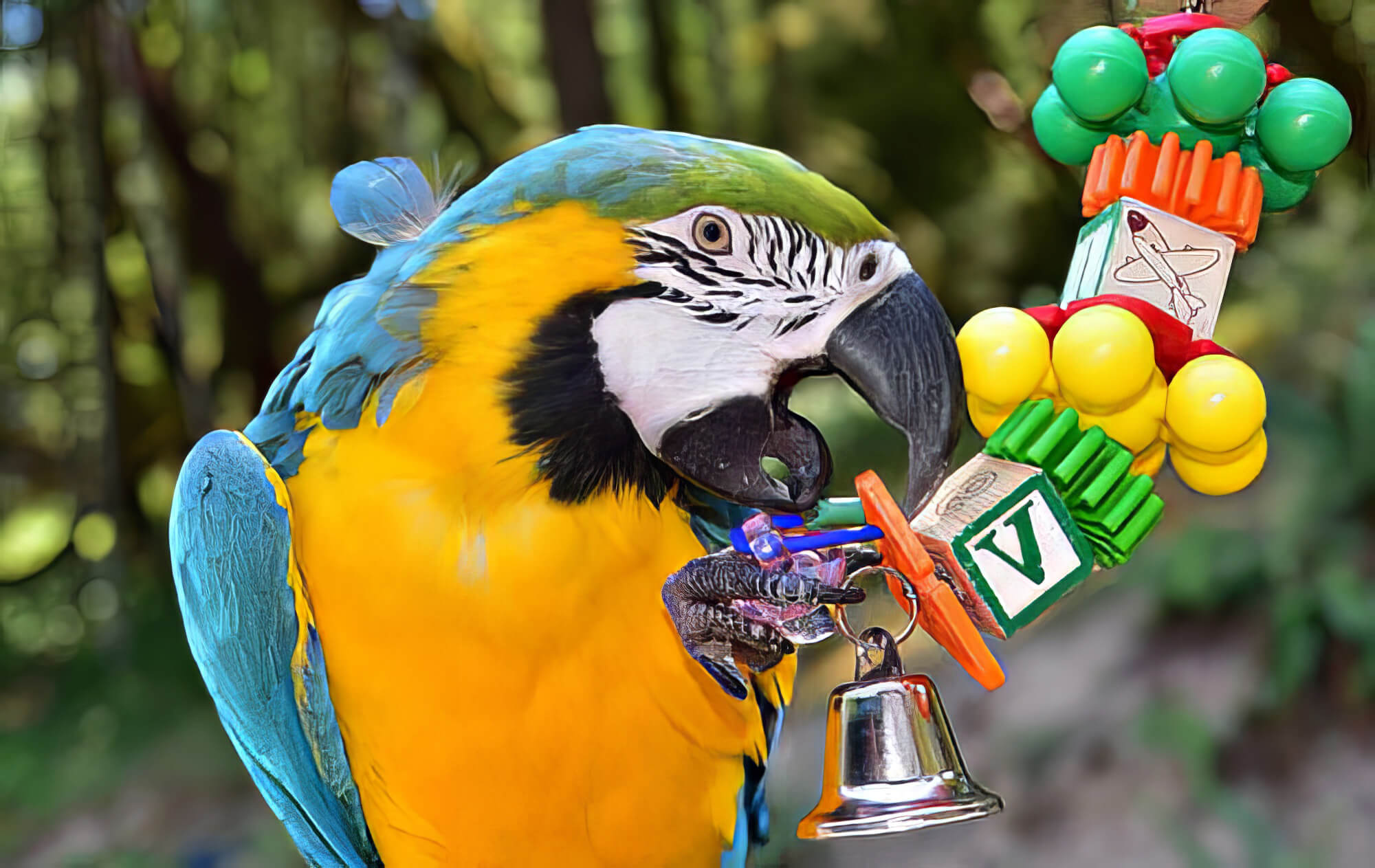
To keep your birds happy and energetic, let them out of the cage at a specific time every day to get proper exercise. This will prevent them from becoming overweight, and you can buy zinc-free toys for them to play with. Toys keep birds entertained, and a mirror is one of the simplest things you can have.
Most birds love looking in the mirror and bobbing their heads up and down, fascinated by their reflection, which they mistake for another bird. Some people also opt for shiny toys as they are attractive, while shredded toys offer stimulation.
6. Baths

Birds love a bath, and considering the scorching summer temperatures in Australia, we understand why. Place a birdbath inside the cage and as mentioned, change the water daily so the birds are clean and fresh.
Another option would be using a spray bottle to cool the birds regularly. This technique improves the health of the bird’s plumage and reduces feather dust.
7. Handling
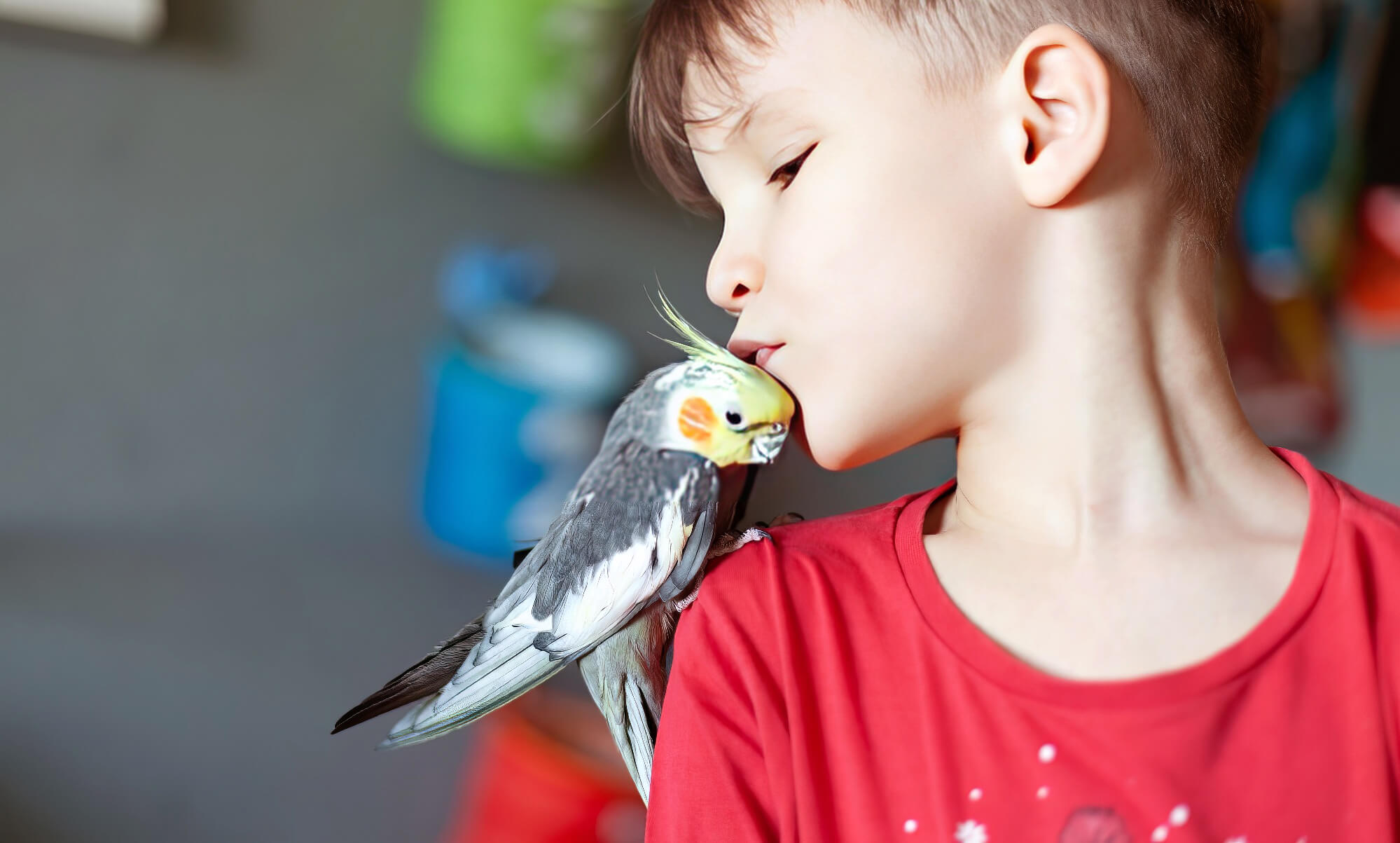
Handle the birds with care because they are extremely prone to stress. It can take new birds several days to adjust to your home, so be patient and don’t try to interact with them forcefully.
A useful technique is sitting by the cage and observing the birds. With time you can put food through the bars and talk to them softly before finally opening the cage to put your hand in. With luck, the bird should sit on your finger without any apprehensions.
Getting a Bird for the First Time
Birds are social animals like us and enjoy the company of other birds, provided they are similar species.
Keep them in small groups for the health of your birds, especially when you don’t have a lot of space. But never keep large and small birds together; it might lead to territorial fights.
Such problems are rare in aviaries as the large area allows birds of different species to share space. So, depending on your preference, species whether it’s a male or female, and environment, get a couple of birds for your home.
With proper care and love, they will surely become your best friends!

